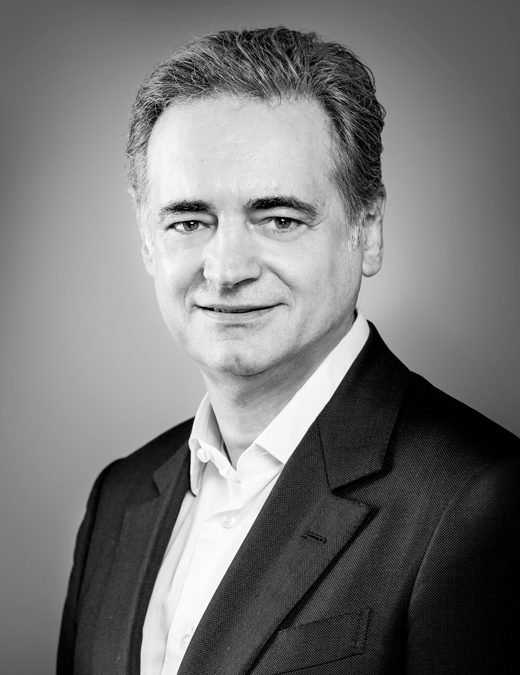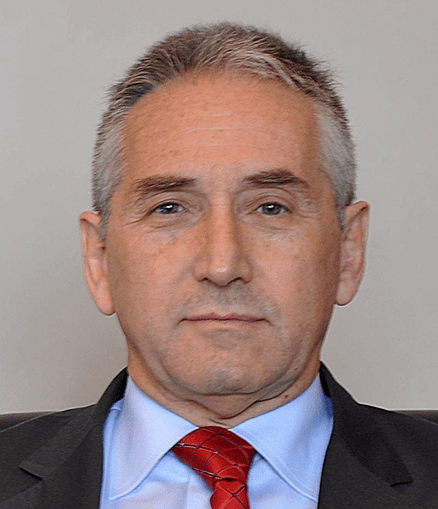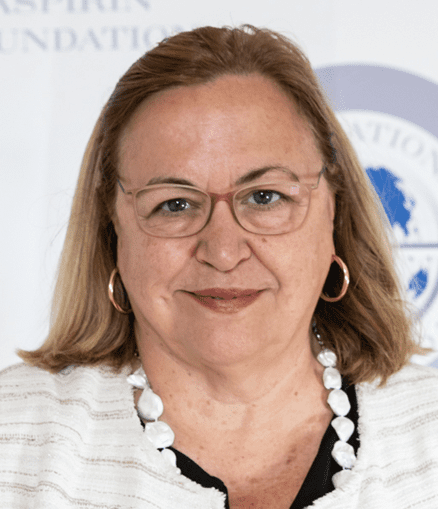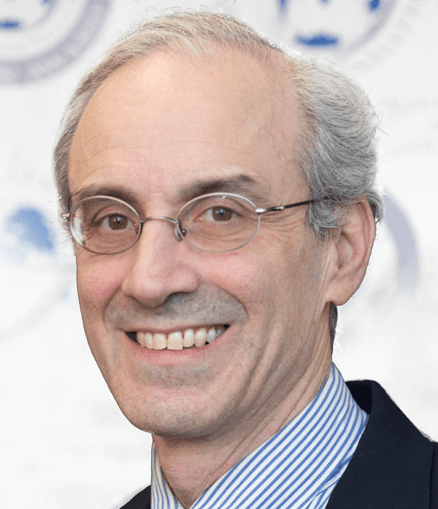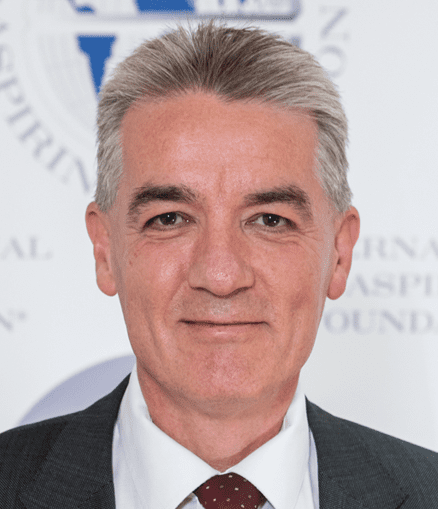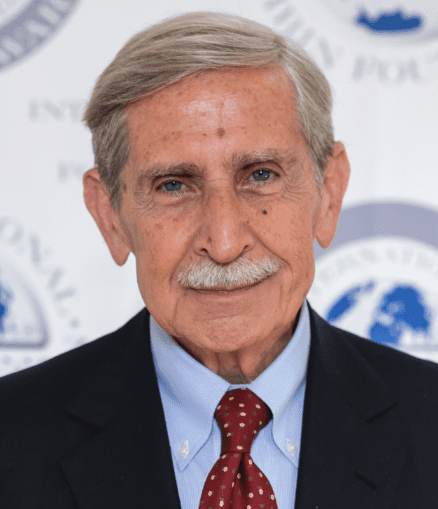Mervyn Vergouwen, MD PhD, stroke neurologist
University Medical Center Utrecht, Utrecht, The Netherlands
Email: m.d.i.vergouwen@umcutrecht.nl
The PROTECT-U trial is a randomized controlled trial that investigates if a treatment strategy, consisting of aspirin in combination with intensive blood pressure treatment, decreases the risk of growth or rupture of an intracranial aneurysm. The trial is currently recruiting patients in Germany and the Netherlands, and will soon start patient recruitment in Canada and Finland as well. Currently (February 2021), 211 patients have been
included. We aim to include 776 patients and are looking for additional funding to successfully complete the trial. The study protocol has been published,1 and more detailed information can be found at www.protect-u-trial.com. Below, we give a short synopsis of the trial.
Background:
The prevalence of unruptured intracranial aneurysms (UIAs) in adults is 3%, which means that in Europe more than 2 million persons have an UIA.2 Most UIAs are detected incidentally, for example if head imaging is performed because of headache or trauma. UIAs can remain clinically silent or grow, during which they are at increased risk of rupture, or immediately rupture without growth. Aneurysm rupture results in subarachnoid hemorrhage (SAH). The prognosis of this type of stroke is poor: 40% dies within three months after the bleeding and most survivors have long-term disability or cognitive impairment.
In UIA patients, preventive neurosurgical or endovascular treatment is an effective means to eliminate the risk of aneurysmal SAH and hereby increase the number of life years with high quality of life. However, both treatment modalities carry a 5-8% risk of serious treatment complications.3
The risk of rupture can be estimated based on patient-related and aneurysm-related risk factors.4 In many UIA patients, the risk of treatment complications does not outweigh the risk of rupture. These patients presently remain untreated. Apart from smoking, the most important modifiable risk factors in the pathogenesis of aneurysm growth and rupture are hypertension and aneurysm wall inflammation.4,5,6 Thus, pharmaceutical strategies which target these modifiable risk factors of UIA growth and rupture especially for low-risk UIAs could be an appealing and novel treatment option.
Rationale for the PROTECT-U trial:
Despite numerous studies on the importance of these risk factors, to date no randomized controlled trial targeting their modification has been initiated for UIA patients. A randomized, open-label trial on intensive versus standard blood pressure (BP) reduction (targeted systolic BP <120mmHg versus systolic BP <140mmHg, respectively) in a total of 9,361 patients at increased risk for cardiovascular disease was stopped prematurely at 3.3 years of median follow-up because of a lower incidence of the primary outcome event (myocardial infarction, other coronary syndromes, stroke or death from other cardiovascular causes) in the intensive treatment group (1.65% versus 2.19% per year, hazard ratio 0.75%; 95% CI 0.64-0.89), without an effect on overall incidence of adverse events (Level IB evidence).7 It remains unclear if a lower blood pressure target in patients with an UIA decreases the risk of growth and rupture.
The relevance of aneurysm wall inflammation in the pathogenesis of aneurysm rupture has been underlined by data on the protective effect of acetylsalicylic acid (ASA, Aspirin) on the anti-inflammatory effect on aneurysm wall inflammation and thus protective effect on aneurysm rupture in a nested case-control study of UIA patients.5,6 In a cohort of 1,691 UIA patients, those treated with ASA for other indications had lower odds for UIA rupture in the multivariable analysis (OR 0.27; 95% CI 0.27-0.67) (Level IIB evidence).6 A small phase I trial randomizing patients to ASA treatment or treatment as usual showed a reduction of radiological and histological aneurysm wall inflammation as surrogates for rupture (Level IIb evidence).5 In case aneurysm rupture occurs during ASA treatment, ASA use is not associated with more severe hemorrhage or worse outcomes.
In view of the similarity of risk factors between UIAs and cardiovascular diseases, there is strong a rationale to investigate the beneficial effect of intensive BP treatment and ASA on aneurysm growth or rupture. Because the short-term risk of rupture is rather low in patients with small aneurysms, a randomized trial with rupture as the main primary outcome measure is unfeasible. We therefore combined aneurysm rupture with aneurysm growth as the primary endpoint, since UIA growth occurs more often and is an established surrogate for aneurysm rupture (Level II a evidence).8
Primary aim of the PROTECT-U trial:
To assess the hypothesis that an intervention with acetylsalicylic acid (100 mg/day) in combination with intensive blood pressure treatment (targeted systolic blood pressure below 120 mm Hg, monitored with a blood pressure measuring device) reduces the risk of intracranial aneurysm rupture or growth, compared with standard care (i.e. no acetylsalicylic acid, blood pressure management according to guidelines which usually advise treatment if systolic blood pressure exceeds 140 mm Hg, no blood pressure measuring device).
Study design:
The PROTECT-U trial has a PROBE design (prospective, randomized, open-label trial with blinded outcome assessment). Inclusion criteria are: 1) Patient with an intradural, saccular unruptured aneurysm in whom it is decided not to intervene with preventive endovascular or neurosurgical repair of the aneurysm and who are monitored on a regular basis for aneurysm growth; 2) 18 years or older; 3) Last aneurysm imaging with either CTA/MRA/DSA within the last 3 months. The primary endpoint is aneurysm rupture or growth (increase in any aneurysm diameter by ≥1mm) on serial imaging (either two MR or CT angiographies) at 3 years follow-up.
References:
- Vergouwen MDI, et al. Prospective Randomized Open-label Trial to Evaluate risk faCTor management in patients with Unruptured intracranial aneurysms: Study protocol. Int J Stroke. 2018;13:992-998.
- Vlak MH, et al. Prevalence of unruptured intracranial aneurysms, with emphasis on sex, age, comorbidity, country, and time period: A systematic review and meta-analysis. Lancet Neurol. 2011;10:626-636.
- Algra AM, et al. Procedural clinical complications, case-fatality risks, and risk factors in endovascular and neurosurgical treatment of unruptured intracranial aneurysms: a systematic review and meta-analysis. JAMA Neurol. 2019;76:282-293.
- Greving JP, et al. Development of the phases score for prediction of risk of rupture of intracranial aneurysms: A pooled analysis of six prospective cohort studies. Lancet Neurol. 2014;13:59-66.
- Hasan DM, et al. Evidence that acetylsalicylic acid attenuates inflammation in the walls of human cerebral aneurysms: Preliminary results. J Am Heart Assoc. 2013;2:e000019.
- Hasan DM, et al. Aspirin as a promising agent for decreasing incidence of cerebral aneurysm rupture. Stroke; a journal of cerebral circulation. 2011;42:3156-3162.
- Group SR, et al. A randomized trial of intensive versus standard blood-pressure control. The New England journal of medicine. 2015;373:2103-2116.
- Dasenbrock HH, et al. The impact of aspirin and anticoagulant usage on outcomes after aneurysmal subarachnoid hemorrhage: A nationwide inpatient sample analysis. J Neurosurg. 2016:1-11.
- Backes D, et al. Phases score for prediction of intracranial aneurysm growth. Stroke; a journal of cerebral circulation. 2015;46:1221-1226.
Want to contribute? Aspirin Matters Aspirin Summaries




